Collagen is a naturally occurring protein in the human body that helps our tissue stay connected. Most people associate collagen with celebrities, fillers and plastic surgery, but collagen is actually what keeps our joints, tendons and ligaments healthy!
What is collagen and why should I add it to my workout routine?
Collagen is produced in the joints of the body and helps repair our cartilage and other connective tissues. Increasing your collagen intake will also increase the natural collagen production in your own body. Research suggests that taking 10 to 15 grams of supplemental collagen and about 50 grams of vitamin C (about the same amount as you would find in an orange) can almost double the natural collagen production in your body.
So what does this mean for you and your workout? Increasing collagen consumption and production will lead to stronger connective tissue, fewer injuries and faster recovery times. Women can also see increased growth in muscle mass with little to no increase in fat. This is due to the amino acids that make up collagen.
Amino acids are the building blocks of proteins and each one serves a very specific purpose. Collagen is made up of glycine and arginine. These amino acids help us secrete growth hormones that increase fat free muscle mass in our bodies during a workout. This can be particularly helpful as we grow older and our natural muscle tone and joint strength decreases.
Integrating Collagen into your fitness journey
Adding collagen to your current health regime is easy and beneficial, especially to women. The hormones that women’s bodies naturally create eat away at the interior of the skeletal structure, causing bones to become more brittle over time. Collagen’s main job is to heal connective tissue (joints, cartilage, tendons etc.) but it can also help with overall skeletal strength. This can avoid exercise related injuries.
So when should you take your collagen supplements? Well that depends on what your goal is. If you are interested in joint health and recovery you will want to add it to your pre-workout. The collagen supplement will essentially be activated once you begin exercising and it will increase your body's natural collagen production. This will help add elasticity to your joints and it will also reduce the risk of injury.
If you are looking to build muscle mass, you will want to add collagen to your post-workout routine. When paired with food, Collagen can help build lean muscle thanks to the amino acid arginine. It is important to note, however, that the supplement should be taken with food in order to see these results.
Why are collagen supplements recommended for women?
Collagen is often recommended to women for a number of reasons. Bone health is a huge issue in women’s health and while calcium supplements are certainly good, it does not have the same restorative properties as collagen. Calcium helps keep the bones strong, but collagen can actually help heal some damage that has been done over time.
The amino acids produced by collagen are also one of the reasons women specifically seek out these supplements. Arginine is one of the building blocks of collagen and it helps to create lean muscle. A normal protein regime usually causes a person to gain fat as well as muscle which leads to a denser, bulkier muscle structure. Adding collagen to a fitness routine can help women gain muscle and still maintain a femine frame.
What should you look for when buying collagen supplements?
When purchasing collagen supplements you should look for a few key things. The first thing to note is that there are three types of collagen:
- Type 1: This is the collagen that helps build healthy skin and nails and is the most prevalent type of collagen that exists within the body.
- Type 2: This is the collagen that helps keep our joints and skeletal system healthy.
- Type 3: This type of collagen is mostly found in the reticular fibers of the body. This consists of bone marrow, organ tissues and tissue in the lymphatic system.
In short, if you are trying to improve your joint health, you should look for supplements that are made up of type 2 collagen. If you’re looking to build muscle or keep your skin and hair healthy, you would want to purchase types 1 and 3.
Another thing to consider in your purchase is to look at the dosage of the supplement itself. Studies have found that collagen is most beneficial in doses of 10-15 grams. You should also check to see if the supplement contains vitamin C. If it does not, consider taking it with a vitamin C supplement or with a glass of orange juice. This will help the collagen activate more efficiently.
When adding any new supplement to your diet, make sure to talk to your healthcare provider and nutritionist first. There aren’t many widely reported side effects in regards to collagen supplements, but there is a chance they could contain food allergens. Some people have also reported minor stomach cramps so it is important to discuss this with your doctor first!
What collagen supplements options are available?
There’s a variety of collagen supplements to choose from, here are some of our favorite amongst popular brands:


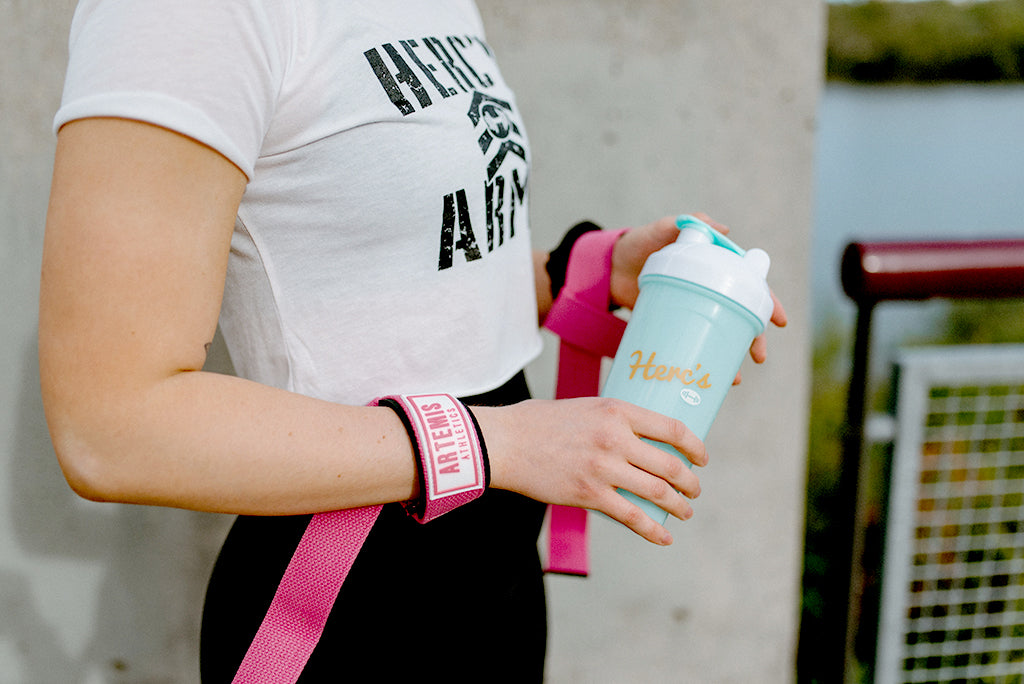

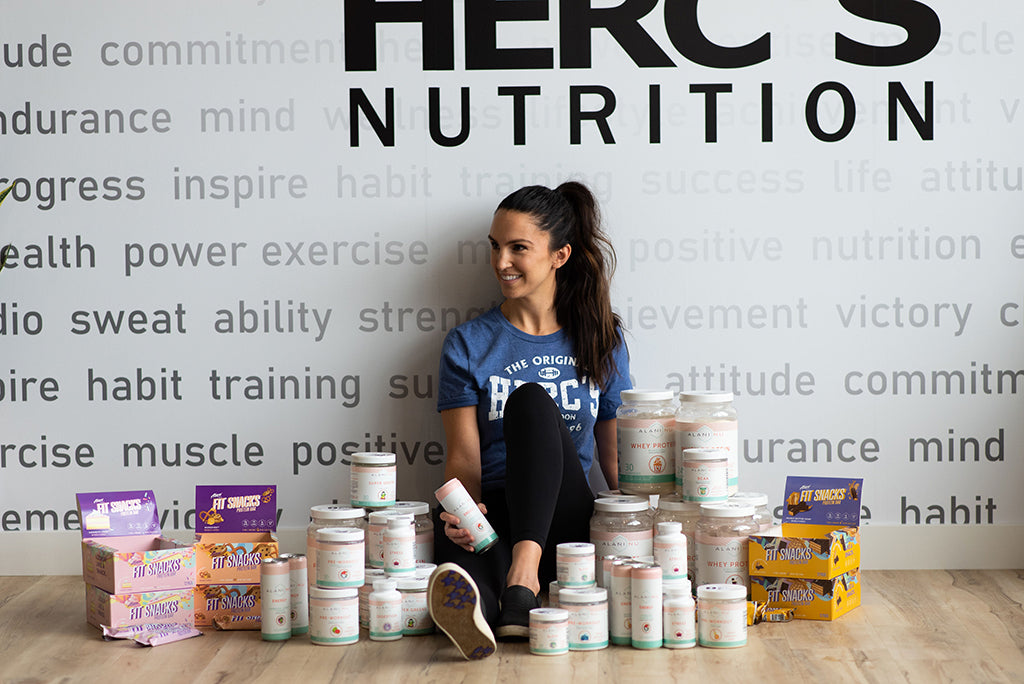
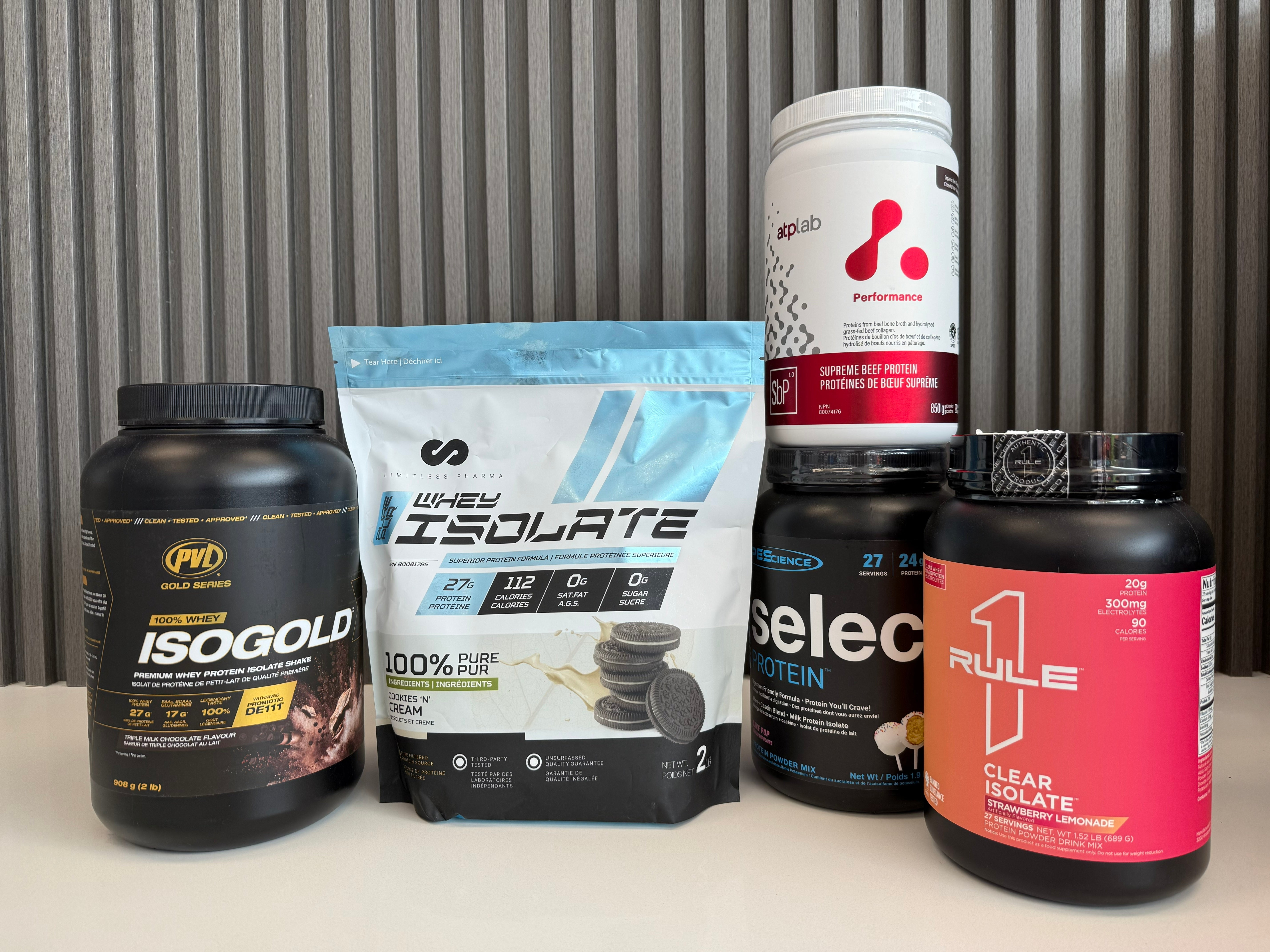
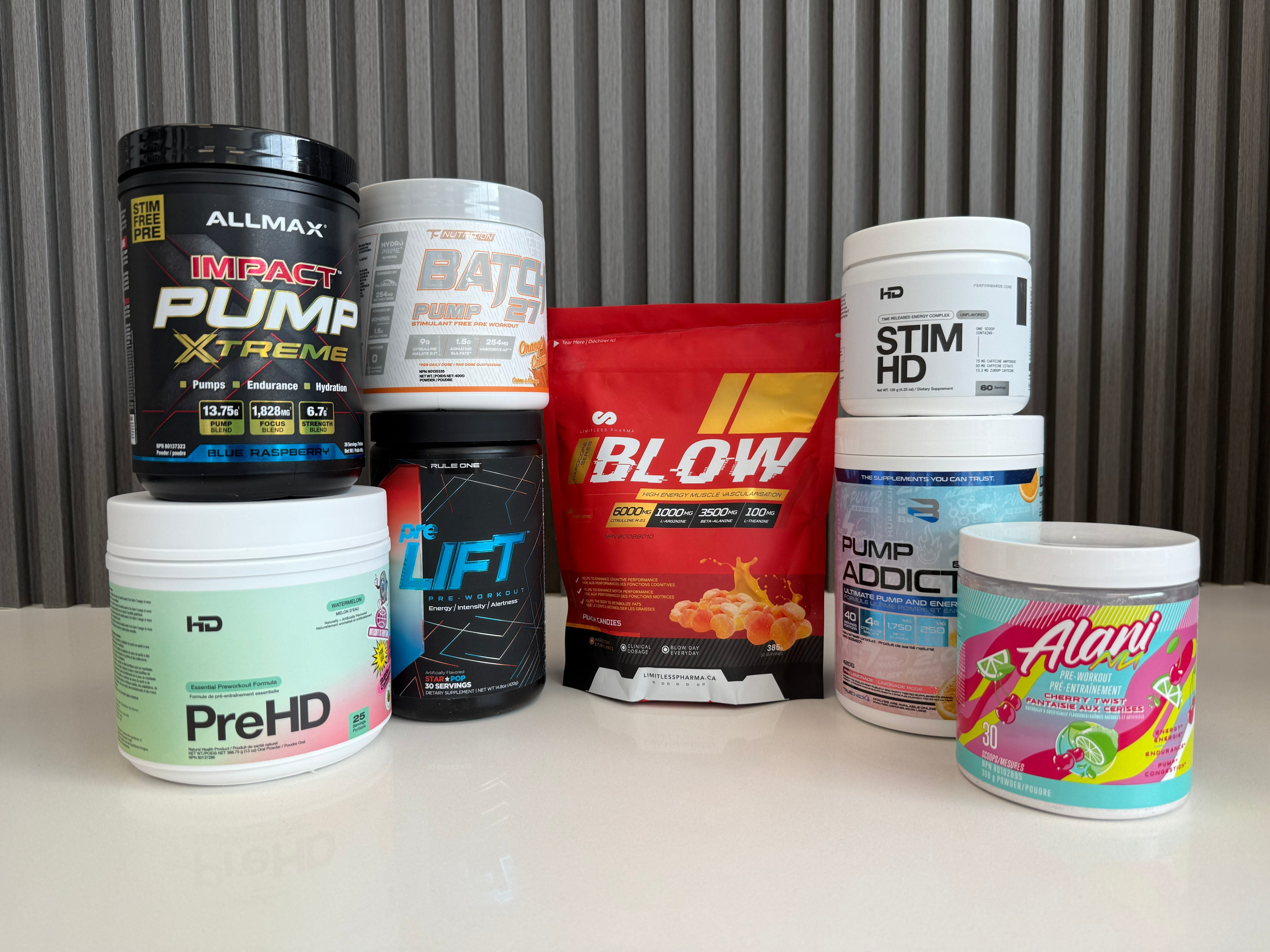
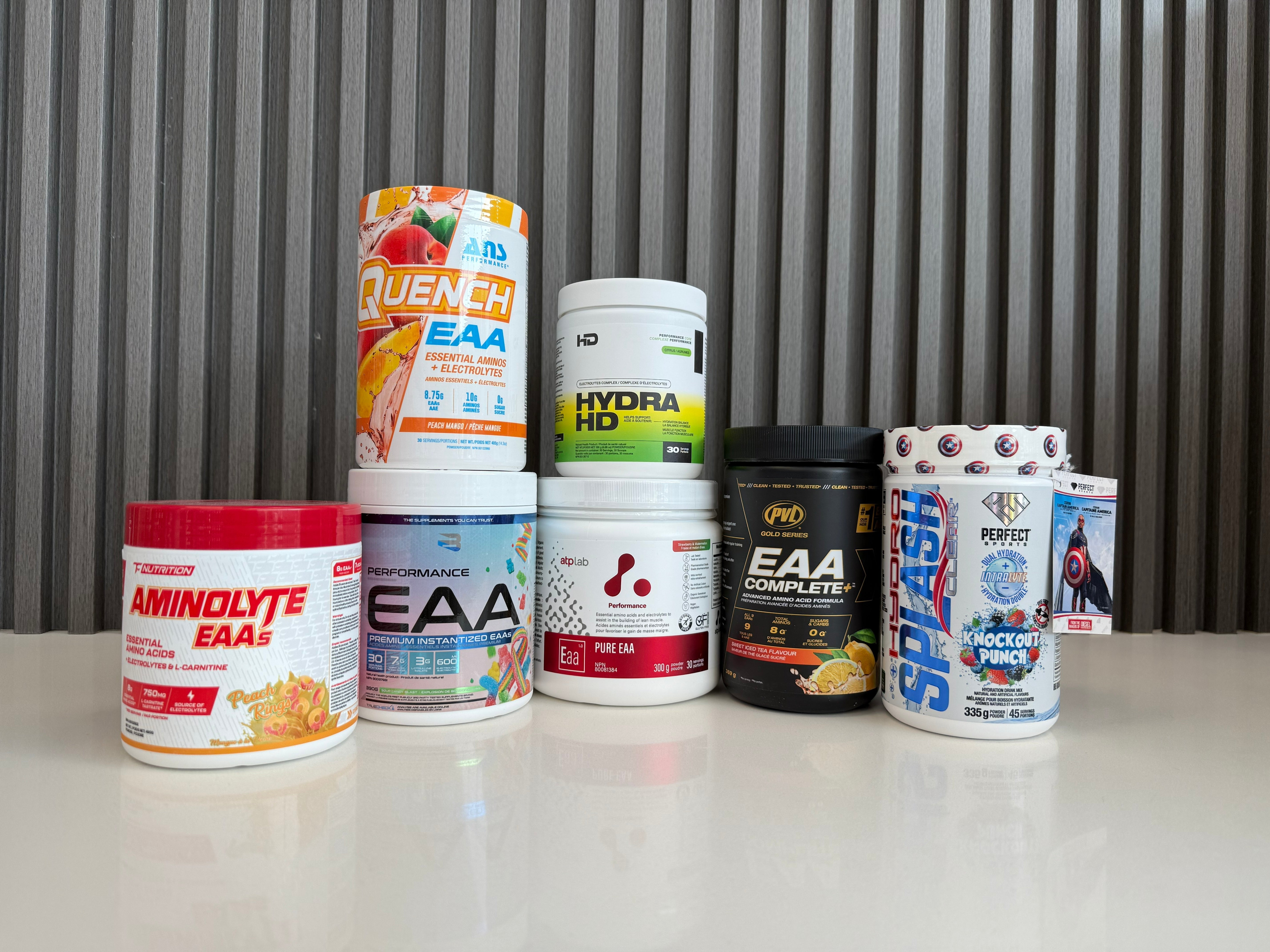
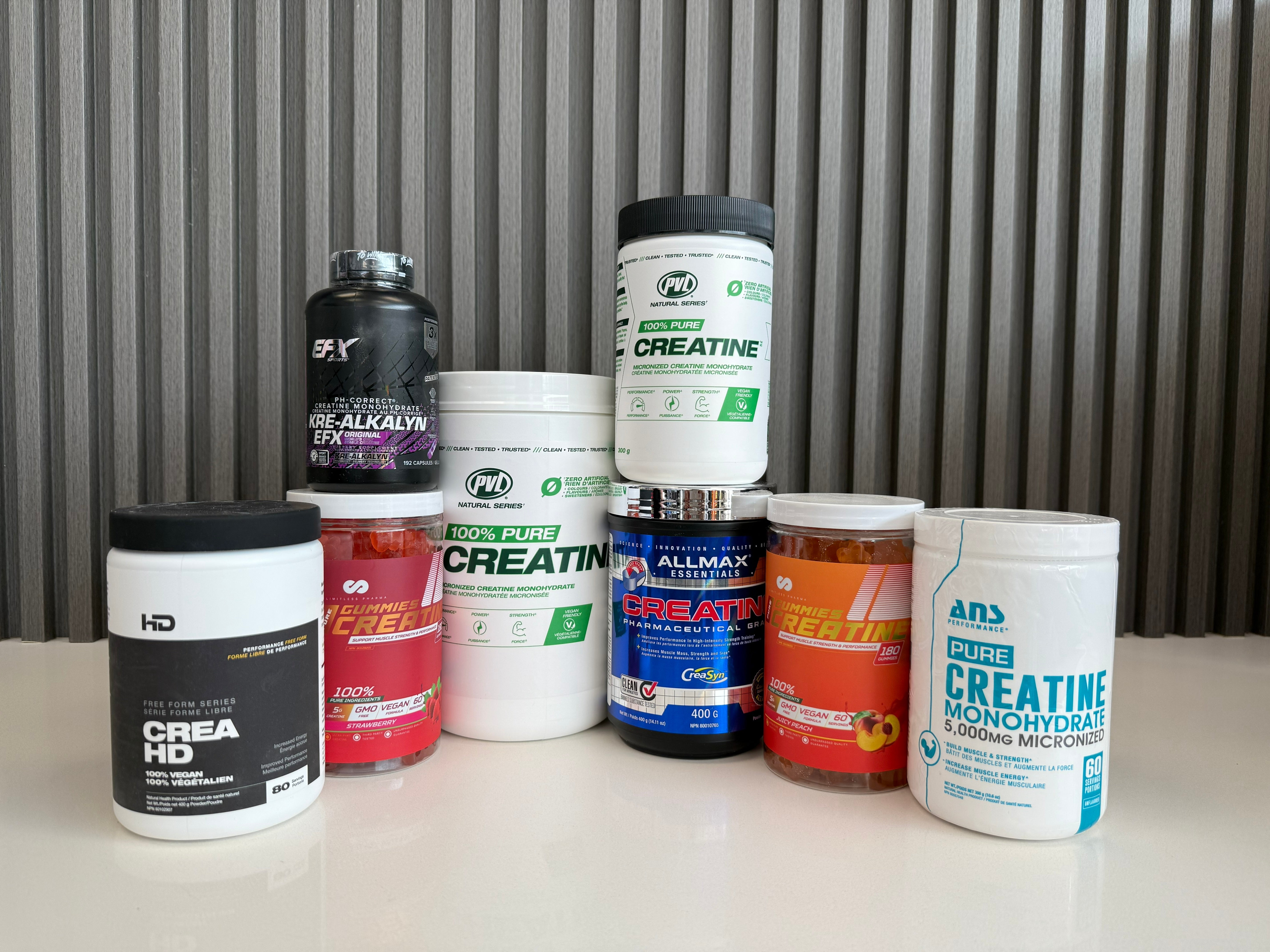
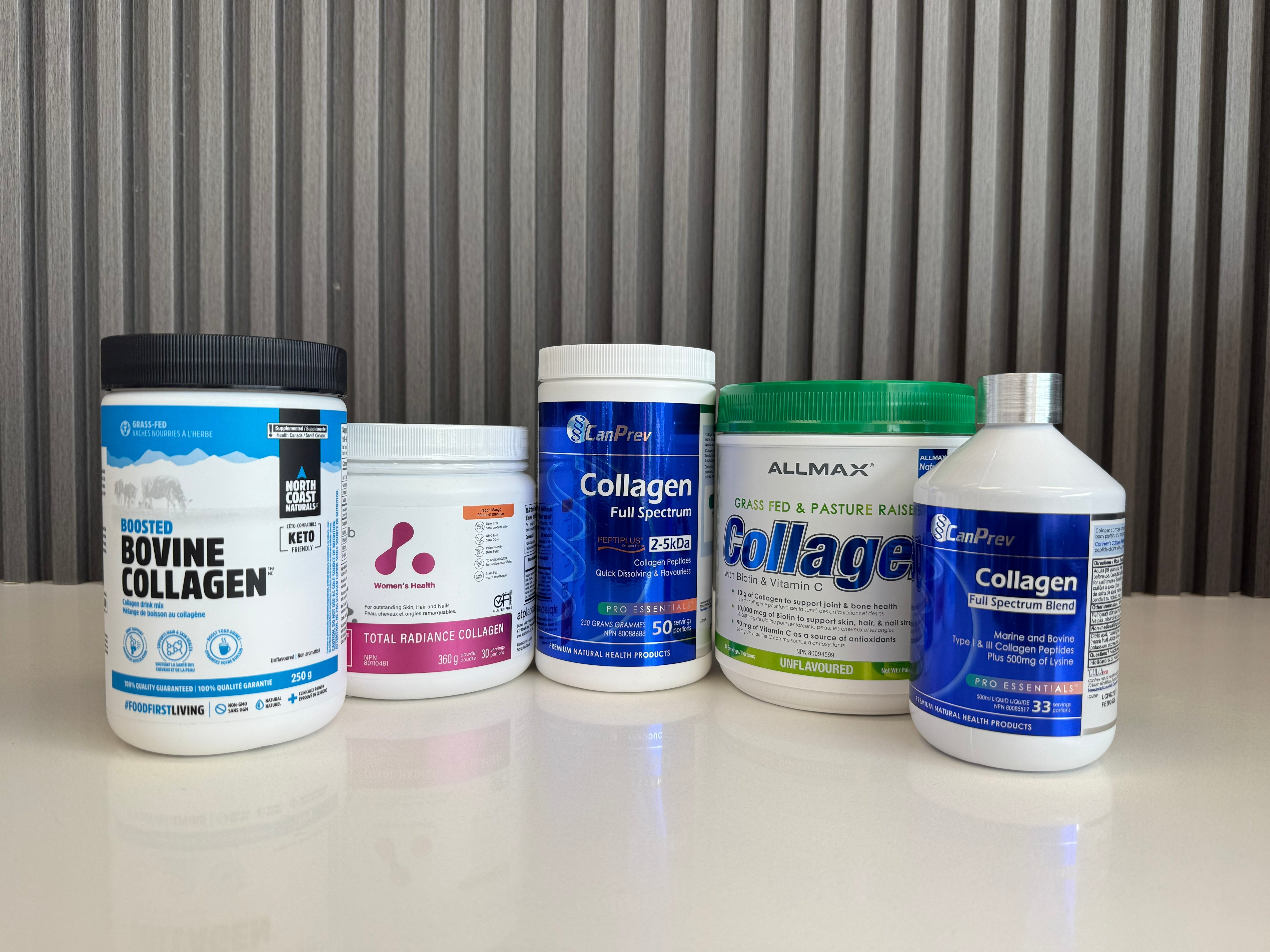
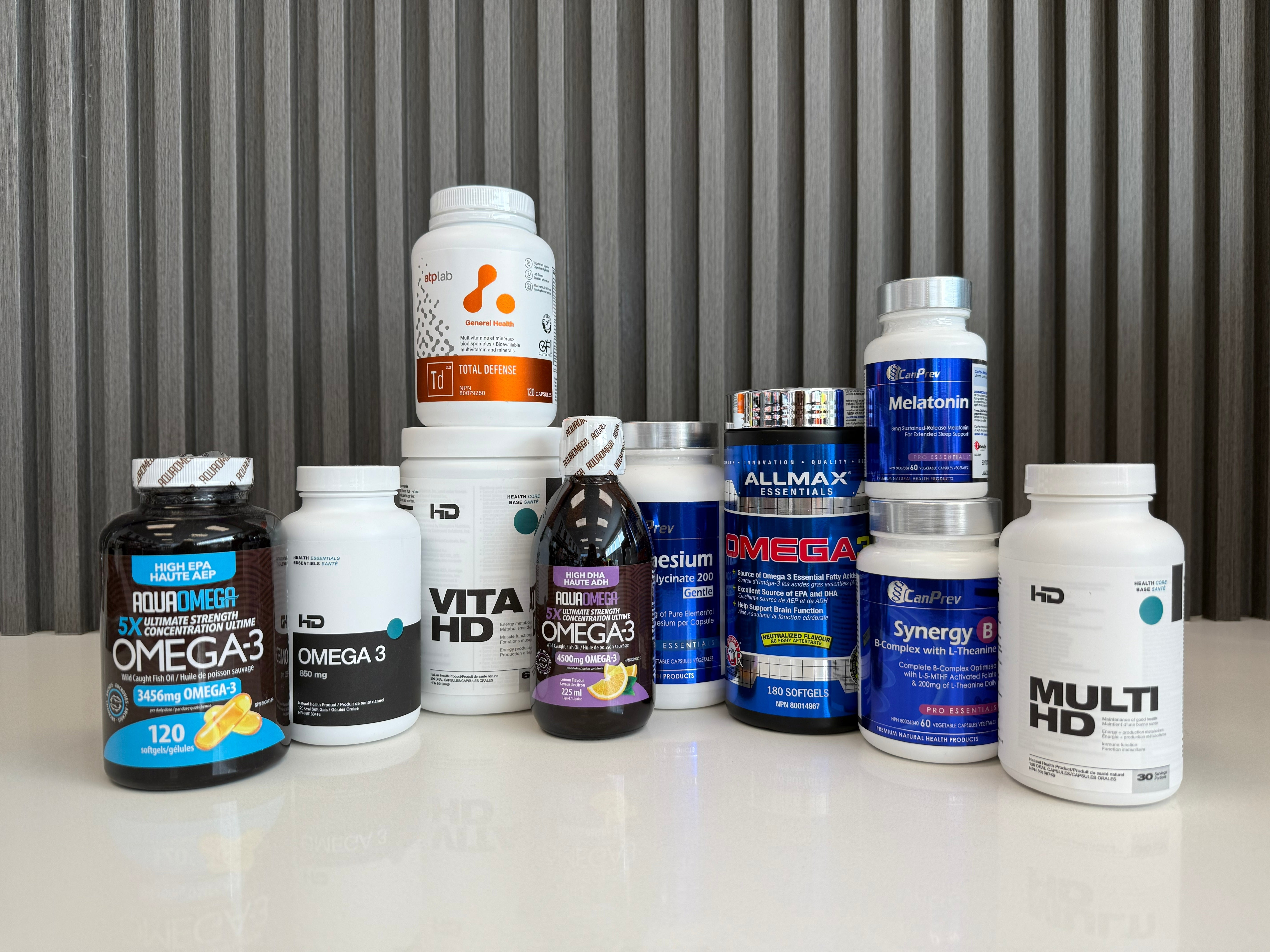
Leave a comment
All comments are moderated before being published.
This site is protected by hCaptcha and the hCaptcha Privacy Policy and Terms of Service apply.